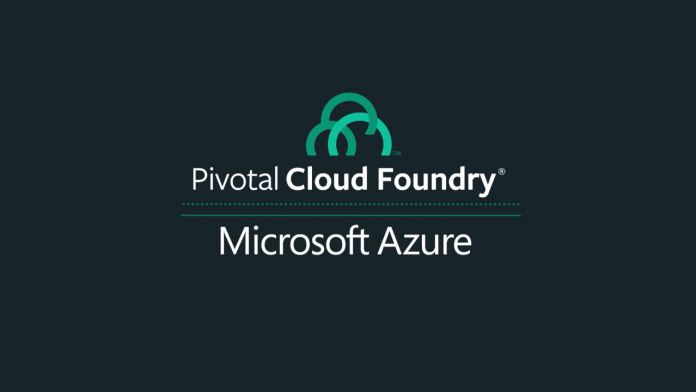Cloud Foundry is an open source, multi-cloud application platform as a service (PaaS) governed by the Cloud Foundry Foundation. The platform enables developers to extend their workloads from any public or private cloud to Azure.
Azure Blob Storage
The Azure Blob Storage is described by Microsoft as a service that “stores unstructured data in the cloud as objects/blobs.” It can store any type of text or binary data, such as a document, media file, or application installer. The service is part of the Microsoft Azure Stack. Thanks to the latest update, users can use Azure Blob Storage for the Cloud Foundry Cloud Controller Blobstore. The latter is a critical data store where buildpacks, droplets, packages, and resource pools are hosted. Operators can now use Azure Blog Storage for this component, instead of an NFS server which was previously required. By default, the Controller Blobstore configuration uses the Fog Ruby gem. However, the Azure team collaborated with the Fog community and updated the Fog Azure RM gem to support this new feature. For background and configuration instructions, users should check out the Cloud Foundry documentation, here. In addition, the BOSH deployment template (multi-node) will now use Azure Blob Storage by default.
Azure Managed Disks
In February 2017, Microsoft announced the general availability of Managed Disks, an Azure Stack service which simplifies disk management for Azure IaaS (Infrastructure as a Service) VMs. The Azure CPI V21 now supports the Azure Managed Disks Service in BOSH. Operators can choose to create new deployments using Managed Disks and can also migrate existing deployments to the service. In order to do that, users just have to make a quick edit to the BOSH manifest. For detailed steps on how to use Managed Disks in Cloud Foundry, check here.



